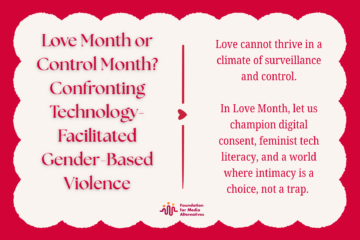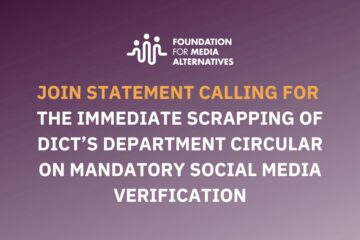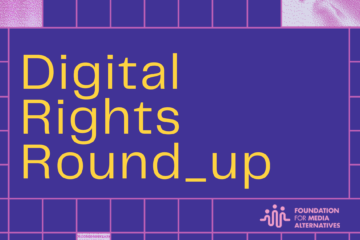Three Years at DRAPAC: Reflections on a Growing Movement

Last August, I attended my third Digital Rights Asia-Pacific Conference (DRAPAC) in Kuala Lumpur, Malaysia. Having participated in DRAPAC since 2023, I’ve grown familiar with its format and have come to expect seeing many of the faces I’ve met in previous years. Yet, despite this sense of familiarity, each experience reminds me how swiftly the digital landscape evolves and how our conversations around it continue to shift.
When I first joined DRAPAC, I gravitated toward sessions on disinformation, the feminist Internet, and digital activism. This year, however, much of the dialogue revolved around regulating and rethinking artificial intelligence. I was particularly struck by sessions on decolonizing AI and reimagining it from the perspectives of Indigenous peoples. These discussions highlighted a powerful truth for me: big tech is not the sole owner of AI or other emerging technologies. Communities and individuals can shape systems that are less prejudiced, more inclusive, and genuinely responsive to the world we live in.
I also attended sessions on interregional engagement that underscored the importance of collaboration across borders—a reflection of the Internet’s inherently borderless nature. Equally significant were the conversations about platform accountability and how monetized content from state actors influences moderation policies and shapes public opinion online. Another session that resonated deeply with me focused on journalists’ experiences reporting under authoritarian regimes. The stories shared were at times grim, but they served as a powerful reminder of journalists’ courage and the enduring importance of press freedom in safeguarding democracy.
As always, DRAPAC deepened my appreciation for being part of a vibrant and expanding social movement. In an era marked by the ubiquity of AI and rapid technological change, gatherings like this feel more vital than ever. To me, they reaffirm how concerted effort and shared vision can shape a digital future that is fairer, more inclusive, and firmly grounded in human rights.



0 Comments